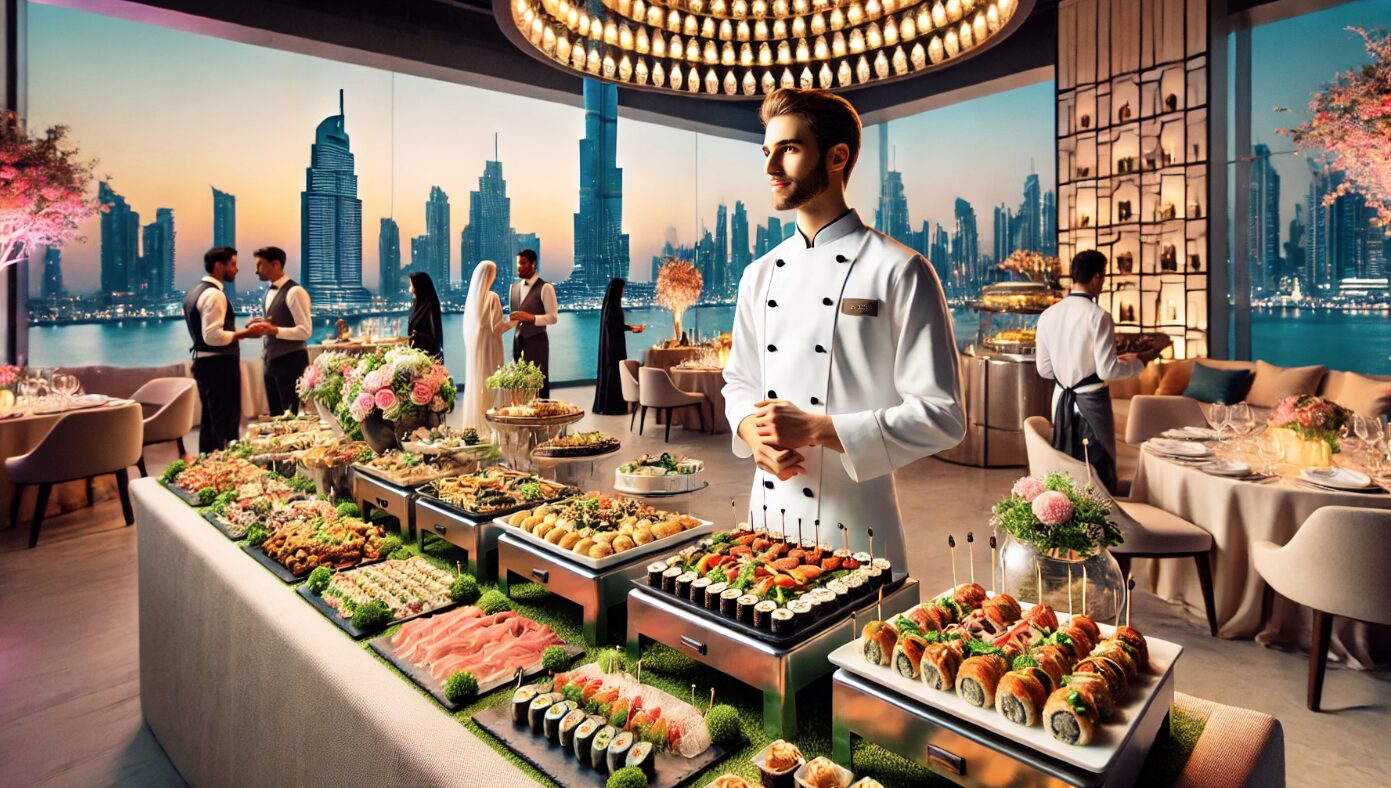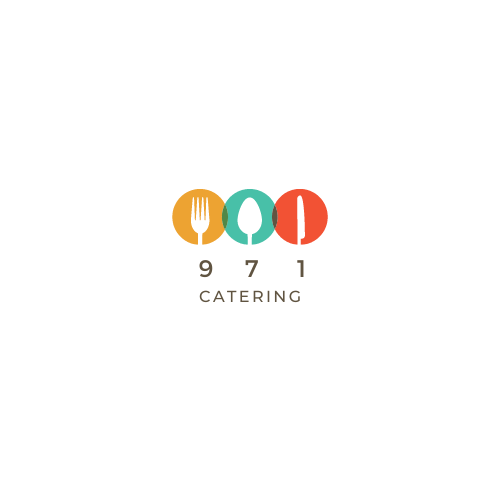When it comes to the top catering in Dubai, 971 Catering stands head and shoulders above the competition.
Whether you’re hosting an intimate gathering or a grand corporate gala, we deliver unmatched culinary experiences and impeccable service that make every event unforgettable.
Before we proceed , you can contact us for any of your upcoming events :


Let’s dive into what sets us apart as Dubai’s premier catering service and why your next event deserves the 971 Catering touch.
What Makes 971 Catering the Top Choice in Dubai?
Organizing an event is no small feat.
From food safety and logistics to menu customization and staff coordination, there’s a lot to get right.
At 971 Catering, we make the complex feel effortless by combining expertise, creativity, and attention to detail.
Here’s how we do it:
A Professional Team That Delivers Excellence
Behind every perfectly catered event is a team of skilled professionals working in harmony.
- Dedicated Chefs: Our chefs specialize in international cuisines, bringing flavors from every corner of the globe to your plate.
- Experienced Staff: From friendly servers to detail-oriented planners, our team ensures everything runs smoothly from start to finish.
Our team doesn’t just prepare and serve food—they create memorable dining experiences tailored to your event’s unique vibe.
Menu Planning and Customization
At 971 Catering, we understand that every event is unique.
That’s why we offer menu planning and customization to reflect your taste, preferences, and cultural nuances.
Whether you’re looking for gourmet canapés, hearty buffets, or sophisticated plated dinners, we craft a menu that speaks to your style.
We also cater to dietary restrictions and preferences, ensuring every guest enjoys their meal without compromise.

Logistics and Food Safety: Always On Point
Catering is more than cooking—it’s an intricate dance of logistics and timing.
We excel at managing the details, including:
- Food Storage and Transportation: Our temperature-controlled vehicles keep everything fresh and safe.
- Venue Setup: We consider space, flow, and guest experience to create the perfect layout.
- On-Site Quality Control: Every dish is inspected for taste, presentation, and safety before it reaches your table.
At 971 Catering, food safety isn’t just a requirement—it’s a commitment we take seriously.
International Cuisine, Local Expertise
Dubai is a melting pot of cultures, and our culinary offerings reflect this diversity.
From Middle Eastern classics like hummus and shawarma to Asian delicacies like sushi and dim sum, we offer a world of flavors.
Prefer European sophistication? Our chefs are masters of French, Italian, and Mediterranean cuisines too.
With 971 Catering, you don’t have to choose—we bring the best of global gastronomy to your event.
The 971 Catering Process: How We Bring Your Vision to Life
Planning a flawless event starts with understanding your vision.
Here’s a closer look at our tried-and-true process:
Understand the Client’s Needs
We begin with a detailed discussion to learn about your:
- Expectations
- Budget
- Dietary preferences
- Event style
This collaborative approach ensures we’re aligned from the start.
Create a Menu
Based on your input, we design a menu that’s both delicious and suitable for your event type.
From themed cocktails to dessert stations, every item is carefully curated.
Determine the Quantity of Food
Nobody wants an event where the food runs out.
We calculate the exact quantities based on guest count while preparing for last-minute changes.
Plan the Logistics
We manage everything from the venue setup to coordinating with other vendors.
Your event’s date, time, and layout are meticulously planned to avoid any hiccups.
Source the Best Ingredients
Freshness is non-negotiable at 971 Catering.
We partner with trusted suppliers to source premium ingredients that elevate every dish.
Execute with Precision
On the big day, our team executes with military precision.
From setup and service to cleanup, every detail is handled professionally.
Why Choose 971 Catering for Your Next Event?
Here’s why Dubai’s top caterer should be your go-to choice:
Expertise You Can Trust
With years of experience in the catering industry, we understand what it takes to create unforgettable events.
Our meticulous planning and execution ensure that nothing is left to chance.
Attention to Detail
At 971 Catering, we believe the little things make a big difference.
Whether it’s the presentation of your appetizers or the professionalism of our staff, we strive for perfection in every detail.
Flexible and Reliable
Life is unpredictable, but our team is always prepared.
From last-minute guest list changes to unexpected venue challenges, we adapt seamlessly without compromising on quality.
Memorable Experiences
Our ultimate goal is to create moments that linger long after the last guest leaves.
From the first bite to the final farewell, we ensure every moment is filled with joy, flavor, and satisfaction.
Top 5 FAQs for a Perfectly Catered Event
Here are some common questions about making sure your event is a culinary success:
1. How can I customize my event menu?
Our team works closely with you to design a menu that reflects your preferences, cultural background, and dietary needs.
2. How do you ensure food safety during transportation?
We use temperature-controlled vehicles and adhere to strict safety protocols to maintain freshness.
3. What cuisines do you specialize in?
We offer a wide range of cuisines, from Middle Eastern and Asian to European and fusion.
4. How far in advance should I book catering services?
We recommend booking as early as possible to ensure availability, especially during peak seasons.
5. What happens if there’s a last-minute change to my guest count?
We’re prepared for flexibility. Simply inform us of any changes, and we’ll adjust accordingly.
The 971 Catering Advantage
When you choose 971 Catering, you’re choosing more than just food—you’re choosing an experience.
From our world-class chefs to our seamless logistics and impeccable service, we go above and beyond to make your event truly special.
So, the next time you’re searching for the top catering in Dubai, look no further than 971 Catering.
Let’s make your next event unforgettable.
Ready to start planning? Contact us today and let’s bring your vision to life!
